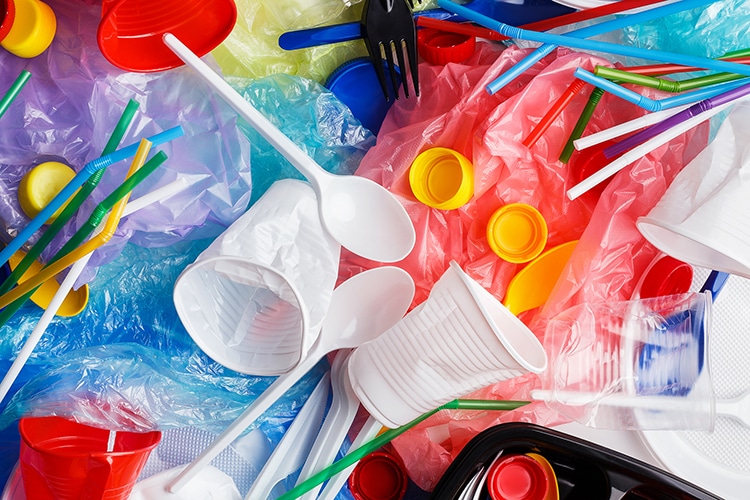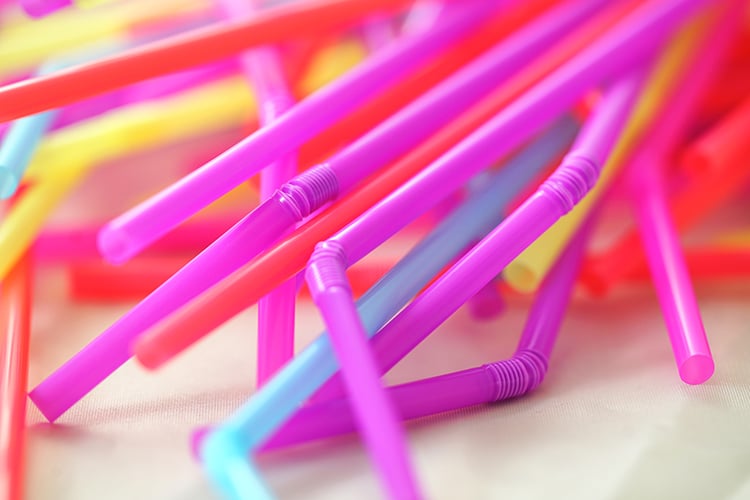Photo: MILKOS/DepositPhotos
Single-use plastics accumulate in our planet’s oceans where they can endanger wildlife.
They also clog local landfills where they will persist for hundreds of years, barely decomposing.
Recycling helps, but increasingly countries are pivoting to eliminating single-use plastics altogether.

Photo: MILKOS/DepositPhotos
The Indian government has announced the Plastic Waste Management Amendment Rules, 2021.
These rules lay out a ban on single-use plastic items by July 1, 2022.
Plastic films around boxes will also have to be thicker than 100 micron.

Photo: AMAROSY/DepositPhotos
Compostable plastics will be exempt.
This plan will go into effect next year, but has been in the works since 2018.
Not all plastic items are banned, though.
Plastic bags will remain, but must increase in thickness so that they can become more reusable.
The new bans have been criticized fornot prohibitingplastic water bottles, which are a common and harmfulform of waste.
India joins theEuropean UnionandNew Zealand, among others, in enacting similar bans on plastic items.